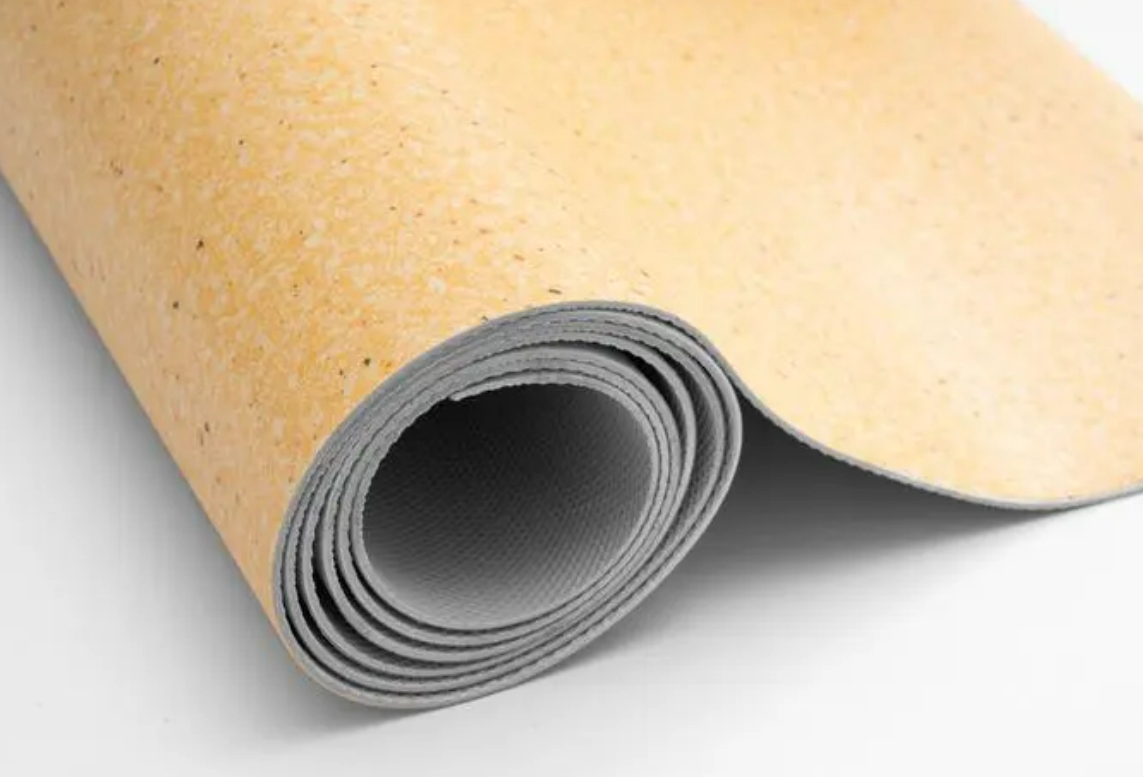Waterproof vinyl flooring has gained popularity in recent years. Consumers are drawn to its durability and water-resistant properties. But is waterproof vinyl flooring really waterproof?
This flooring is designed to withstand moisture and spills. This makes it a great choice for bathrooms and kitchens. The layers in waterproof vinyl floor create a barrier that prevents water from penetrating the surface.
The core layer of waterproof vinyl flooring is typically made from PVC. This material resists water and provides stability. Unlike traditional wood floors, this type of flooring does not warp or swell when exposed to moisture.
In bathrooms, waterproof vinyl flooring for bathrooms offers significant advantages. Bathrooms are high-moisture environments, and waterproof vinyl tile flooring ensures that water does not damage the floor. This makes cleaning easier and prevents mold growth.
Another benefit of waterproof vinyl flooring is its versatility. It comes in various designs, including wood and stone looks. Homeowners can enjoy the aesthetics of natural materials without the maintenance hassles.
However, the installation process of waterproof vinyl floor is crucial. Proper installation ensures that the flooring remains watertight. Any gaps or poorly sealed edges can allow water to seep through.
Waterproof vinyl flooring for bathrooms is particularly effective because it can be installed as a floating floor. This means the tiles are locked together without glue, creating a seamless barrier. The floating installation method also makes waterproof vinyl tile flooring easy to replace if damaged.
Despite its benefits, waterproof vinyl floor has some limitations. Prolonged exposure to standing water can eventually cause damage. While it handles spills and splashes well, it is not entirely impervious to water over time.
In comparison to other flooring options, waterproof vinyl flooring offers better water resistance than laminate or hardwood. Laminate flooring can swell and buckle, and hardwood can warp. Waterproof vinyl tile flooring maintains its integrity in wet conditions.
One common misconception is that waterproof vinyl flooring eliminates all moisture issues. While it helps, proper maintenance is still necessary. Regular cleaning and prompt attention to spills will prolong the life of the floor.
For areas prone to heavy water exposure, like shower rooms, waterproof vinyl tile flooring can be a good choice. These tiles provide an extra layer of protection against water. However, ensuring proper sealing during installation is critical.
Waterproof vinyl flooring for bathrooms is often preferred over ceramic tiles because it feels warmer underfoot. It also provides better traction, reducing the risk of slips. The cushioning effect of waterproof vinyl floor adds comfort, making it ideal for homes with children and elderly.
Waterproof vinyl flooring can also be used in basements. Basements often experience moisture issues, and this flooring type helps mitigate those problems. The waterproof nature of vinyl tile flooring makes it suitable for below-grade installations.
It is important to note that while waterproof vinyl flooring resists water, it is not a substitute for proper waterproofing measures. In areas with significant water exposure, additional waterproofing steps may be necessary. This includes using moisture barriers and ensuring adequate drainage.
In conclusion, waterproof vinyl flooring is an excellent option for areas prone to moisture. Waterproof vinyl flooring for bathrooms and other wet areas offers significant advantages. It resists water better than many other flooring options. Proper installation and maintenance are key to maximizing the benefits of waterproof vinyl floor. While not entirely impervious to prolonged water exposure, it provides substantial protection against daily moisture. Homeowners seeking a durable, attractive, and water-resistant flooring solution will find waterproof vinyl tile flooring to be a worthwhile investment.






